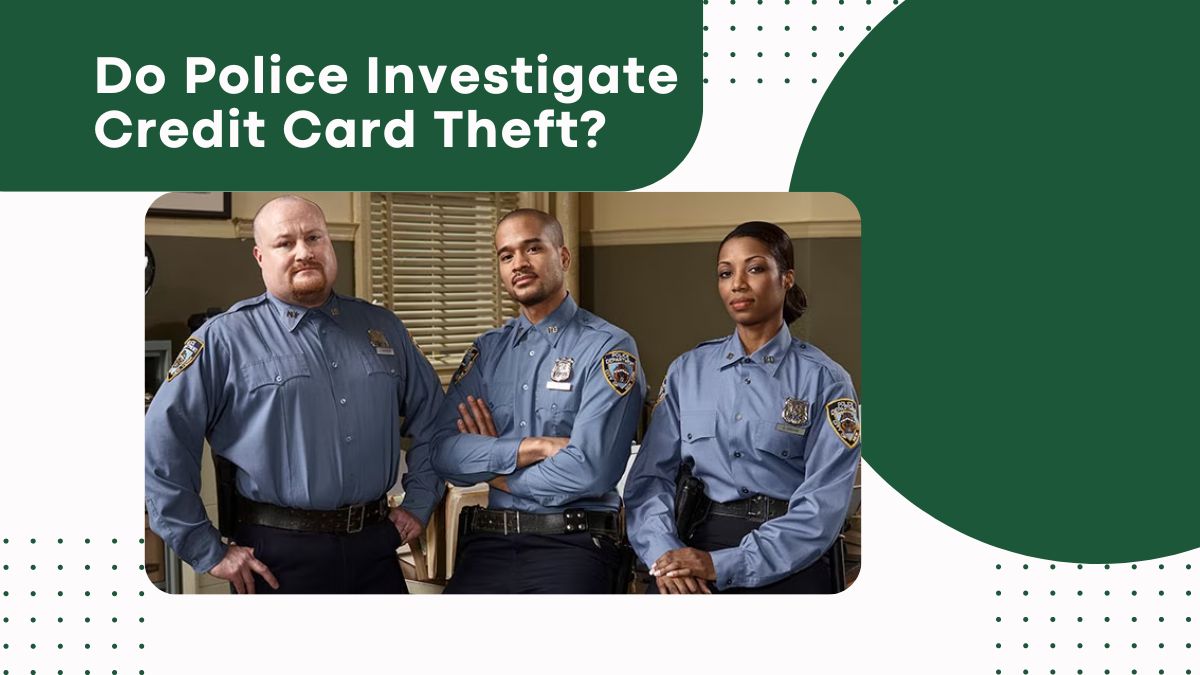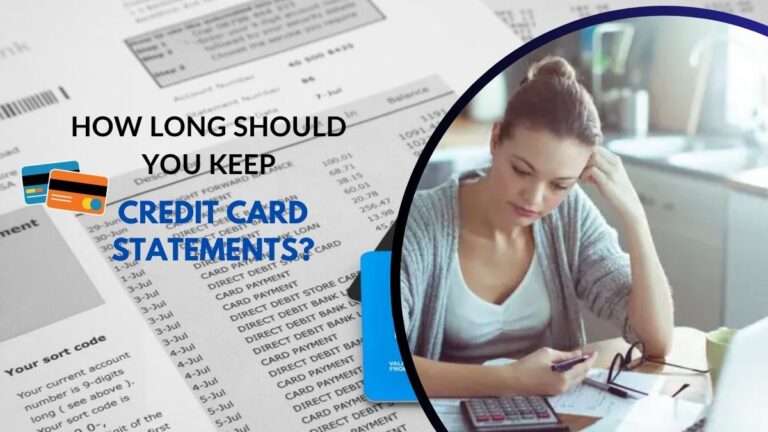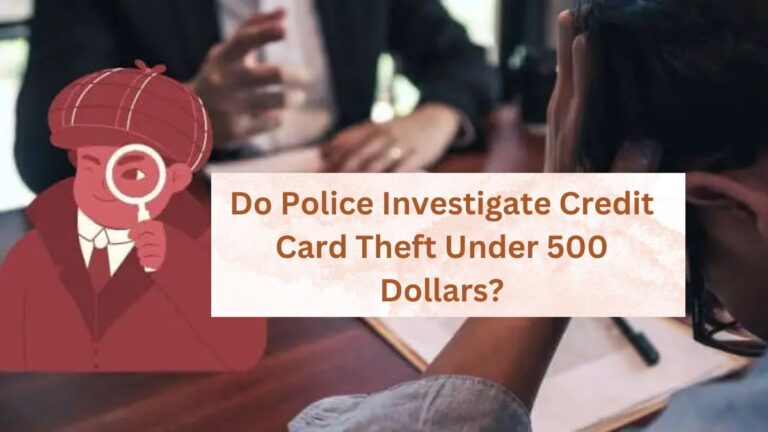Do Police Investigate Credit Card Theft?
Do Police Investigate Credit Card Theft? Have you ever wondered what happens when your credit card falls into the wrong hands? We all rely on these tiny plastic cards to make our daily purchases, but how often do we stop and think about the risks involved? Credit card theft is a serious crime that affects millions of people worldwide.
But have no fear! In today’s blog post, we are delving deep into the world of law enforcement to answer one burning question: do police investigate credit card theft? Strap in and get ready for an eye-opening journey through the intricate process of fighting this digital-age menace.
What is Credit Card Theft?
Credit card theft is a crime that happens when someone steals your credit card information and uses it to make unauthorized purchases. This can happen when someone walks into your home and takes your wallet while you’re asleep, or when they break into your car and steal your cards.
Police typically don’t investigate credit card theft unless the stolen cards are used to commit a crime. In most cases, the victim won’t be contacted, and the thief will be able to use the cards without getting caught. If you think your card has been stolen, the best thing to do is contact your bank immediately.
Types of Credit Card Theft
There are a few different types of credit card theft that can occur. The most common type of theft is when someone steals your credit card number and uses it to make purchases. This type of theft can be prevented by using a security code that is required for each purchase. Another type of theft is when someone steals your physical card from you or when your card information is stolen by hacking into your account.
In this case, you may not be able to get your money back, but you will likely be able to prevent future fraudulent charges. There is cardiotoxicity, which occurs when an individual abuses their credit card and ends up spending more than they can afford in order to build up debt. This can lead to bankruptcy if the individual cannot pay off their debt.
Factors That Influence the Decision to Investigate Credit Card Theft
Police departments investigate credit card theft when it is reported as a crime. There are several factors that influence the decision to investigate: the severity of the crime, whether the victim has filed a police report, and the financial value of the stolen items.
The severity of the crime affects how seriously police take the case. Crimes that pose a greater threat to public safety, such as armed robbery or burglary, will receive more attention than lesser crimes, such as credit card theft.
If victims have filed a police report, officers will take that into account when deciding whether to investigate. If no report has been filed, officers may decide not to investigate based on their suspicion that the theft did not occur.
The financial value of the stolen items also affects how seriously police will take the case. The higher the value of the items stolen, the more likely it is that detectives will consider investigating. However, if there is little chance of recovering any of the money lost in the theft, officers may not take it seriously enough to invest resources in tracking down whoever stole the items.
How do the Police Investigate Credit Card Theft?
Police departments around the country investigate credit card theft in a variety of ways. Some police departments have dedicated detectives who specifically investigate credit card crimes, while others use resources from other areas of the department, such as investigative sergeants or investigators with special expertise in financial crimes.
Regardless of how police departments investigate credit card theft, there are some general steps that every department should take when investigating this type of crime. First, police should identify the type and number of cards that were stolen. This information is important because it helps determine which investigators to assign to the case and which forensic resources to request from the Department of Justice.
Once the type and number of cards have been identified, officers should conduct interviews with victims and witnesses to try and identify suspects. They should also review footage from security cameras near where the cards were stolen to see if anyone can be identified.
If leads are generated during interviews or through footage analysis, police may need to request additional forensic resources from DOJ, such as trace evidence technicians or digital imaging specialists. Once all available leads have been investigated, officers will typically present their findings to prosecutors for consideration in possible prosecutions.
Conclusion
Police investigations into credit card theft can be time-consuming and difficult. However, if you have been the victim of credit card fraud, it is important to report the crime to your local police department as soon as possible. By doing so, you may be able to help investigators build a stronger case against the thieves and recover any lost funds.






